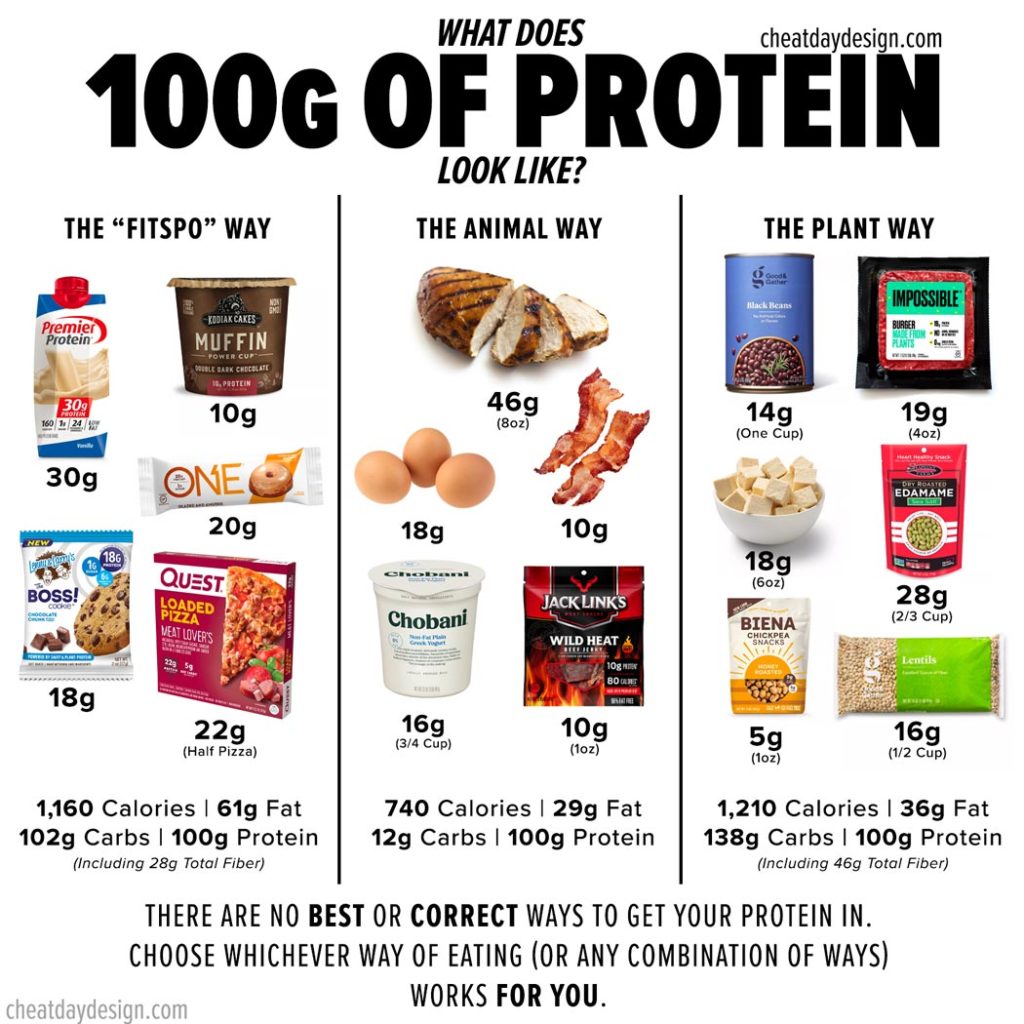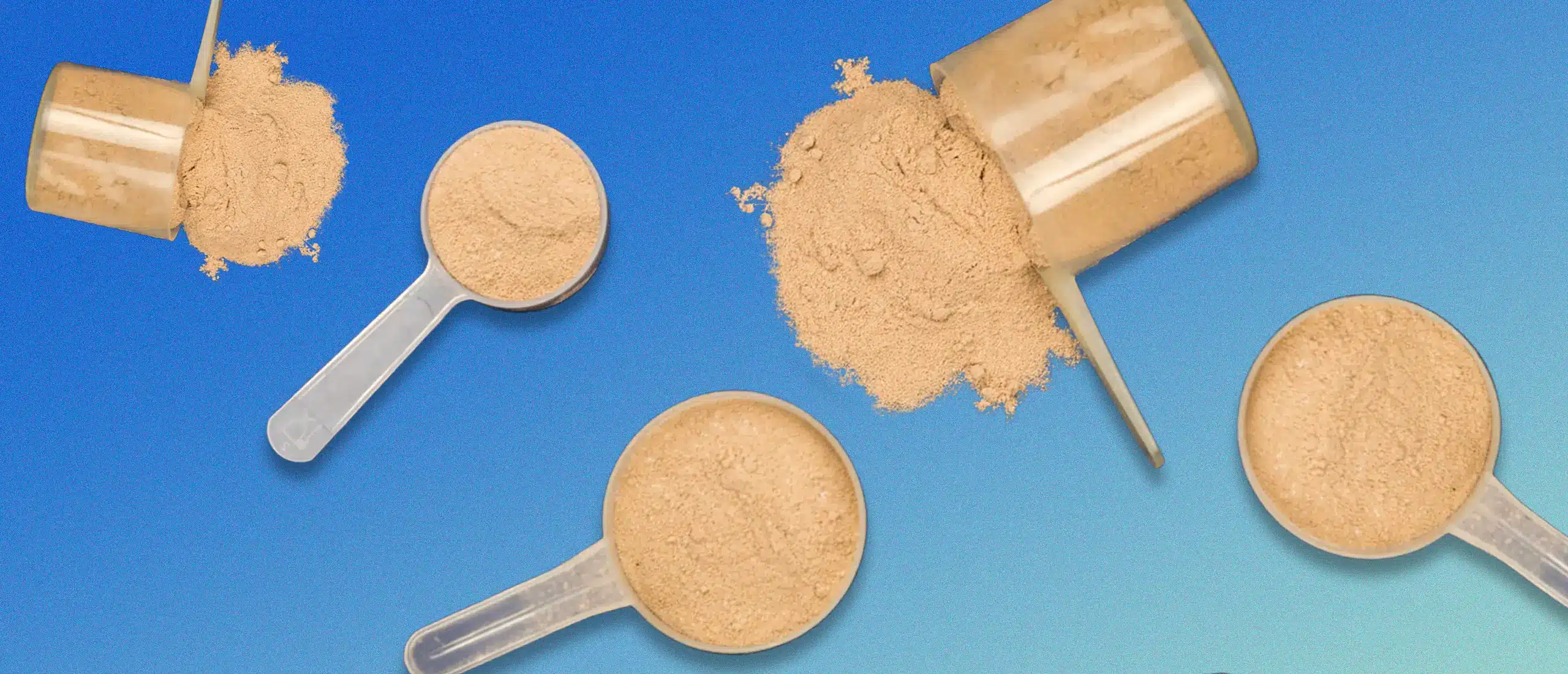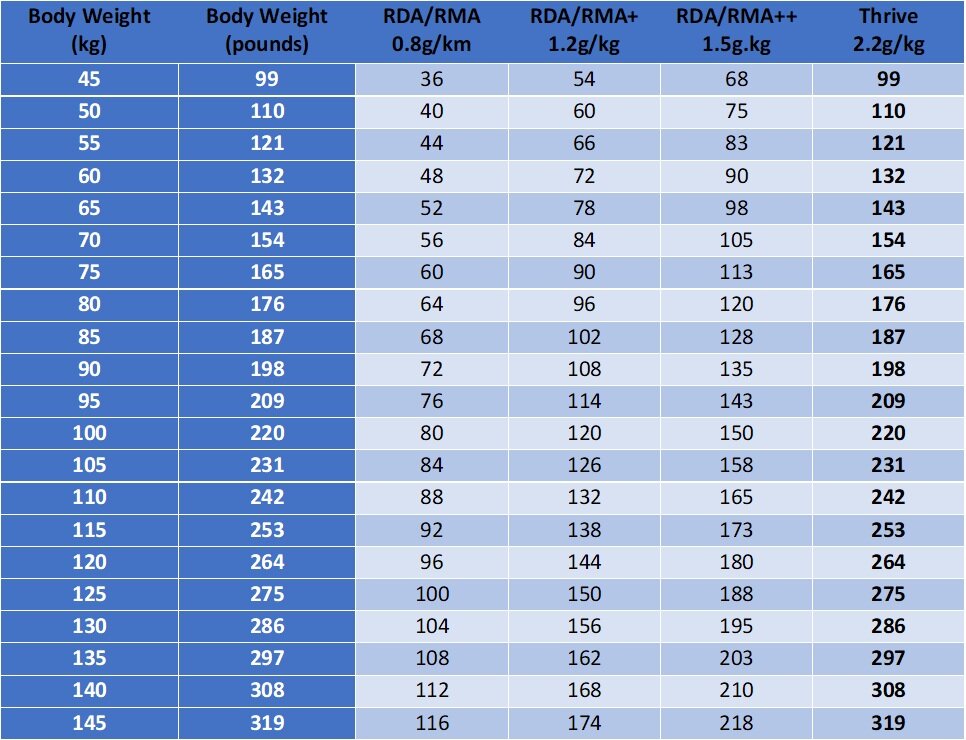
What the Ideal Amount of Protein Looks Like [Infographic] Lifestyle Blog for the City of Doral
Based on a recommended intake amount of 0.4 grams or protein per kilogram of body weight per meal, a person weighing 150 pounds would take in about 27 grams of protein for optimum protein synthesis at a meal, while a 200 pound individual would take in 36 grams of protein.

Did you know your body can only absorb 10g of liquid protein per hour? Lean is specifically
How much protein do I need? The amount of protein that the human body requires daily is dependent on many conditions, including overall energy intake, growth of the individual, and physical activity level. It is often estimated based on body weight, as a percentage of total caloric intake (10-35%), or based on age alone. .8g/kg of body weight.

How Much Protein Do We Need Per Day? Nutrition Advance
The average adult needs a minimum of 0.8 grams of protein per kilogram of body weight per day. One kilogram equals 2.2 pounds, so a person who weighs 165 pounds, or 75 kg, would need about 60 grams of protein per day.. So if you eat too much protein—and too many calories as a result—you risk gaining weight from excess calories. If you.

What Does 100g Of Protein Look Like? A Visual Guide
The amount of protein you need depends on a number of factors, including your weight, age, goals, and activity level. The daily minimum recommended by the National Institutes of Health is 0.36 grams per pound of body weight for a sedentary person. However, if you do intense workouts, have a physically demanding job, or both, experts say you may need more—perhaps as much as double.

How Much Protein After a Workout? A Longevity Expert Weighs In
Calculate your weight in kilograms (kg) by dividing your weight in pounds (lbs) by 2.2 to give you the "a" in the formula.This looks like: your weight (lbs) / 2.2 = a. You may need the help of a registered dietitian or healthcare professional to determine "b."But, in general, use the low end of the range (0.8g per kg) if you are in good health and are sedentary.

How Much Protein Per Meal Can You Use to Build Muscle Mass? StrengthLog
Whey protein: 8-10 grams per hour. Casein: about 6 grams per hour. Cooked egg protein: 3 grams per hour. However, those types of protein absorption rate studies are not conclusive. They suffer from issues such as small sample size, inconsistent methods, and failure to examine protein intake above 30-40 grams per meal.

How Much Protein Do We Need Per Day? Weight Loss & Muscle Building YouTube
Moreover, there is little-to-no literature that confirms the body doesn't absorb more than 30-50g of protein at a given moment. In fact, the literature supports that the body can indeed digest quite a large bolus; it just takes longer than a smaller dose. [1] Basically, rather than just redirecting excess protein to your colon, the rate of.

How Much Protein Do We Really Need Per Day
There is a limit to how much protein the body can properly absorb at once. The maximum rate that a fast absorbing protein like whey can be absorbed is about 8-10 grams per hour.. 55% carbohydrate and 20% fat. Try sticking with 1-1.5 grams protein per pound bodyweight, but be sure to add more carbs if you want to gain more muscle mass. To up.

HOW 30 GRAMS OF PROTEIN LOOKS LIKE? Dicas de dieta, Dieta, Receita de sucos
Summary. Unless you have certain underlying health issues, your body can absorb all of the protein you eat. However, it can only utilize around 40 grams of protein at a time to build muscle. To promote muscle growth, you'll want to make sure that your protein source also has at least 2.5 grams of the amino acid leucine per serving.

100g of Protein Protein nutrition, High protein recipes, Best protein
The range is 0.8-1 grams per kilogram for healthy adults, and 1-1.2 grams per kilogram for an elderly person. For example: An active young woman who weighs around 150 pounds would need a minimum of 54 grams of protein per day following that guideline. Sex is also a factor in determining how much protein a person should consume per day.

Low Fat Protein, Best Protein, High Protein Recipes, Protein Foods, Whey Protein, Fitness
Maximizing Protein Absorption: How Much Protein Can the Body Absorb in an Hour?Protein is an essential macronutrient that plays a crucial role in building and repairing muscles, tissues, and organs.. The general consensus among experts is that consuming 0.8-1 gram of protein per pound of bodyweight per day is sufficient for most people.

How much protein do we need to eat every day? — IncreaseYourV
The answers. 1) About 95% and higher, unless you have some type of digestive system malfunction. So if you get convinced by supplement companies to drink a 42g protein shake in 5 minutes, you'll.

Healthy For Good Infographics American Heart Association
In a best-case scenario, 10 grams of protein can be digested per hour. Protein Absorption Rate (g/hour) Raw Egg Protein* 1.4; Cooked Egg Protein* 2.9; Pea Protein 3.5; Milk Protein 3.5;

+21 25 Grams Of Protein For Breakfast Ideas good recipes
While there is no definitive answer to how much protein the body can absorb in one hour, research suggests that the body has a maximum threshold for protein absorption that varies based on individual factors. Generally, the body can absorb 20-30 grams of protein in an hour, with a maximum of 2 grams of protein per kilogram of body weight per day.

Pin on Fitness diet
The Recommended Dietary Allowance (RDA) for protein is a modest 0.8 grams of protein per kilogram of body weight, or 0.36 grams per pound. The RDA is the amount of a nutrient you need to meet your basic nutritional requirements. In a sense, it's the minimum amount you need to keep from getting sick — not the specific amount you are supposed.

How to Build Muscle On a Budget The Top 7 Cheap Sources of Protein Nutrition
Whey is a "fast-acting" protein; its absorption rate has been estimated at ~ 10 g per hour . At this rate, it would take just 2 h to fully absorb a 20-g dose of whey.. Quantifying a maximum amount of protein per meal that can be utilized for muscle anabolism has been a challenging pursuit due to the multitude of variables open for.
- Clima Oceanico Inviernos En España
- Fondo Seccion Subseccion Serie Subserie
- Aplica Directiva De Daños En Camiones
- Para Que Son Las Pruebas De Anticuerpos
- Miedo A Perder El Control De Uno Mismo
- 3d Video With Sound Xxx
- Encontrar Las Piezas Del Panel Electrico Resident Evil 2
- Juego De Mesa Con Vasos Y Dados
- Clima Alta Montaña Caracteristicas
- Senior Software Engineer Salary Belgium